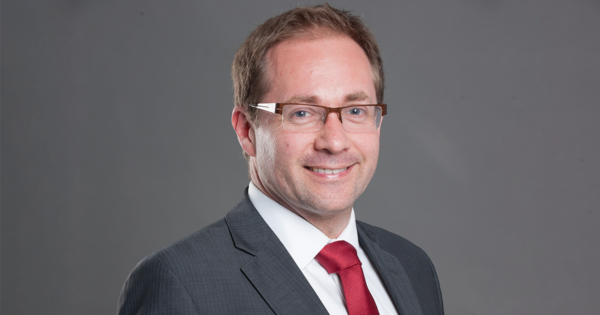The FPA and AFA – 3 CEOs and 2 chairs gone in 14 months

In the space of less than 14 months Australia’s two largest financial adviser representative organisations, the Financial Planning Association (FPA) and the Association of Financial Advisers (AFA) have lost three chief executives and two chairs between them.
And between them, the two organisations now represent fewer than 14,000 practicing financial advisers.
While there continues to be speculation around the possibility of a merger between the FPA and the AFA, nothing concrete has been acknowledged and the two organisations continue to work within the auspices of a “joint associations” framework which includes other organisations including the Stockbrokers and Investments Advisers Association (SIAA).
In late October, last year, the AFA announced the resignation of its president, Michael Nowak and, yesterday, the FPA announced the resignation of its chair, Marisa Broome.
In the same 14-month time-span the AFA saw the departure of Phil Kewin as chief executive and then New Zealand import, Helen Morgan-Banda as chief executive in January, this year, after barely five months in the role.
The AFA is now headed by Phil Anderson who stepped up from his policy role to become chief executive, while Nowak was succeeded by Sam Perera.
As well, the FPA saw the resignation of Dante De Gori as chief executive and his replacement by Sarah Abood. Broome is succeeded as FPA chair by West Australian-based adviser, David Sharpe.
Both the FPA and the AFA have experienced significant member losses over the past two years but, due to the types of financial advisers exiting the industry as a result of the Financial Adviser Standards and Ethics Authority (FASEA) regime and the related exam the FPA remains the larger of the two organisations with the AFA having counted more life/risk advisers within its membership.
AFA chief executive, Phil Anderson acknowledged that his organisation had been losing members but said he was comfortable in the knowledge that the level of loss was proportionately lower than the industry average.
He said further membership losses were probable over the course of the year but that much would depend on factors such as how many advisers would pass the FASEA exam and, in turn, where the next Government would settle on the question of adviser education standards.
According to WealthData principal, Colin Williams, while the FPA has suffered membership losses over the past three years it has remained the largest organisation because of the significantly higher number of full-service advisers on its books.
The WealthData analysis of the Financial Adviser Register has consistently confirmed that most adviser exits have been amongst those working under limited licenses and those focused on life/risk.











On the plus side that must be the highest proportion of advisers who are members of a professional body we’ve ever seen. We need to advisers to be members of a professionally oriented body – all professions require membership of such a group.
Do you know any Professional bodies Paul…The FPA is far from being a professional body, would struggle to call it an Industry Association.
Slow news week Mike?
the real Dante wouldnt mispell his own name…
These CEO’s if they had any credibility should have immediately stepped down post the Royal Commission. Most Advisers are waking up and realizing these bodies don’t really represent them or Australians. Why pay $1,000 a year for the FPA to represent the needs of AwareSuper/ TelstraSuper. They don’t represent Advisers they represent a variety of participants in the advice industry. Hoping things will change under some new leadership.
This is totally ridiculous, and just screams of someone who has no idea, but has an axe to grind.
Chief Justice Haynes said the FPA was incapable of being a code monitoring body. That’s not an “axe to grind” or being anti FPA, that’s keeping those advertising they’re a professional body accountable. It seems like you need to be fair on the FPA. Give them a break. The FPA’s role is to represent all participants in the financial planning industry. If you think the FPA is solely representing you,and out there advocating on your behalf as an Adviser you’re sadly out of touch. This is represented by over 100,000 Australians having lost access to Financial Advice, we’ve had suicides, job losses and the price of advice well above $3,000. They have to take into account the needs of AwareSuper etc. I’m saying those needs are very different and often conflicting. If you think the FPA is advocating on your behalf solely, you’ve placing too much pressure on them and you’ve got unrealistic expectations. Are those conflicts the leadership we need and Australians want in a body that openly advertises they’re a professional association? I say no.